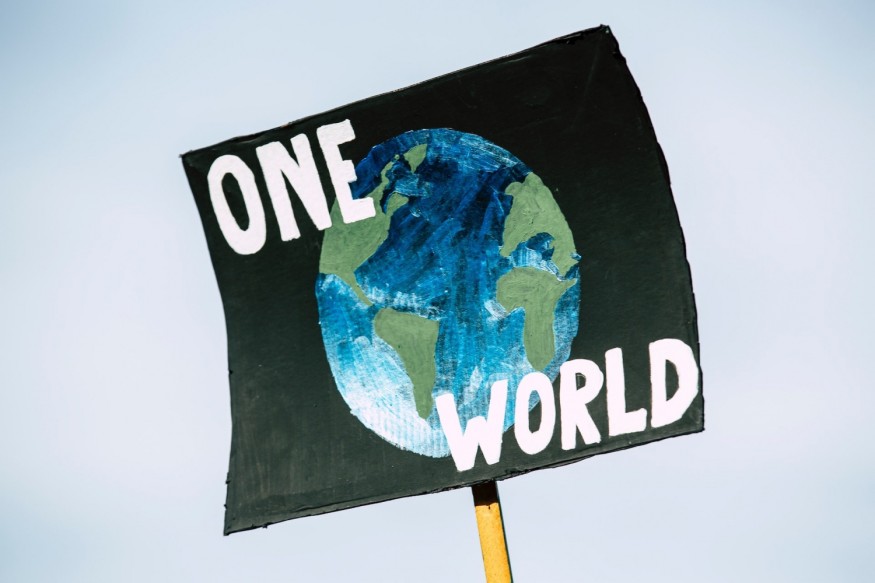
There's no escaping the fact the planet is under attack from many angles. Unfortunately, the majority of the onslaught is coming from the very species that is meant to take care of it. With major issues under the spotlight, what about the places where the spotlight doesn't reach? Beneath everyone's feet.
The Challenges Facing Our Planet
There are many important challenges facing our planet, all of which attract much attention and elicit strong, passionate responses. All require immediate and concerted action to limit the impact on the planet while we can.
With pollution from industrial emissions and water pollution from chemical spills, reduction in the Earth's capacity to absorb carbon dioxide due to deforestation, not to mention the destruction of natural habitats putting species at risk of extinction, and the rising temperatures of climate change wreaking havoc on the planet, plus so many other areas, there are plenty of challenges to tackle.
But what about something that is happening right beneath your feet?
The Threat Beneath Our Feet
Everyday, homes and businesses prepare their meals, rinse their dishes and clean their cookware. It's a natural occurrence. Many are unaware that these simple actions can be causing pollution. Residual cooking fats, cooking oils and grease (or FOGs) are swept into drainage systems where they cool, solidify and build to form blockages.
When these blockages become too large and completely stop any flow through drains, they are often referred to as 'fatbergs'. These huge accumulations begin with solidified FOGs which then trap other waste present in underground pipes such as nappies, needles and natural detritus.
While many people are unaware of the potential dangers of releasing FOGs, what's troubling is that some are, and they still do it.
The Result of Fatbergs on the Planet
Fatbergs have a staggering environmental impact. They are congealed masses of fat, grease, and non biodegradable waste. Not only do they clog up our sewage systems, causing damage that can cost millions to clear and rectify, they also contribute to pollution and environmental degradation.
Sewer systems are especially vulnerable to fatbergs. Fats, oils, wet wipes, and other non-flushable items make them grow larger, obstructing the flow of wastewater. This leads to sewage backups and overflows, requiring intensive cleaning processes that strain resources and disrupt normal operations.
The consequences of fatbergs don't end there. When they decompose over time, they release harmful gasses like methane into the atmosphere. Methane is a potent greenhouse gas that contributes to global warming and climate change. Plus, as fatbergs break down in water bodies, they release toxins into aquatic ecosystems, contaminating water sources and endangering marine life.
Simple Steps to Tackle the Problem
To address this invisible menace, education around disposal methods is vital in both domestic and commercial settings. Investing in improved waste management systems is essential and with urban populations and cities advancing rapidly, it's crucial to act now!
Food service businesses are one of the main contributors to the problem, after all they produce the most FOG. Local authorities are clamping down on irresponsible disposal of fats, oils and grease to help combat the issue. By businesses investing in a suitably sized grease trap, grease interceptor or bio-dosing equipment such as those from FFD Grease Management Solutions, the offending substances are filtered out of waste water before it enters the main system.
Domestic settings can also do their part with a few simple steps. Before rinsing plates or cookware under the tap, give them a quick wipe with a paper towel to remove any residual juice, oil or sauce and pop it in the bin, rather than the drain.
Whether a business or a home, always store oil safely in a container and dispose of it responsibly when the time comes and do your bit for the environment.
© 2026 NatureWorldNews.com All rights reserved. Do not reproduce without permission.





